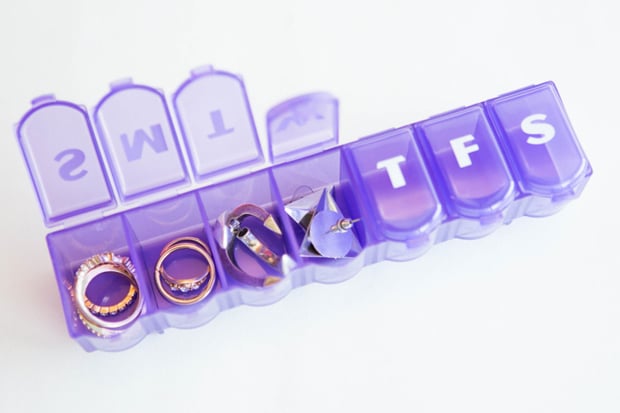Ozempic, and similar semaglutide medications such as Wegovy and Mounjaro, have gotten a lot of attention over the past year. Ozempic is a prescription-only drug designed to treat type 2 diabetes by lowering blood sugar and helping the pancreas create more insulin. However, Ozempic has been caught in a wave of popularity after people have started taking it for weight loss.
Celebrities have praised the medication for allowing them to shed excess weight at a rapid rate. While their glorification of Ozempic may seem harmless, using it as a weight-loss drug has been a controversial topic. Many have argued that using Ozempic for weight loss strips the limited supply of the drug from people who actually rely on it to manage their type 2 diabetes. Not only does Ozempic have to be prescribed by a licensed doctor, but it also can be a big out-of-pocket expense for anyone who takes it regularly.
There have been shortages of Ozempic in recent months, and most health insurance doesn’t cover it unless it’s medically necessary. So if you’re looking to get on Ozempic strictly for weight loss, be prepared to pay a hefty bill every time you need a refill. While obtaining a prescription for Ozempic requires a doctor’s office visit and an undesirable hassle, many have started to look elsewhere to lose weight in a pinch.
That is where psyllium husk comes in. Much less expensive and more easily accessible than Ozempic and its competitors, psyllium husk is a fiber supplement that has even been called “the poor man’s Ozempic.” If you’ve never heard of psyllium husk until now, you’re not alone. It’s basically a soluble fiber that “turns to gel” when being digested. Jessica Cording, the author of “The Little Book of Game-Changers,” summed it up by saying psyllium husk is “typically used as a fiber supplement.” It’s conveniently found in the seeds of an Indian herb called Plantago ovata. When it comes to health benefits, psyllium husk has plenty. Constipation relief, lowered cholesterol, and blood sugar management are all perks of consuming the fiber supplement. “Sometimes you’ll see it in the context of weight management products or supplements for weight loss because the fiber helps you to stay full,” explained Cording.
While taking psyllium husk could aid you in slowly shedding the pounds, it certainly isn’t a fast fix for weight loss. While Ozempic is capable of making someone lose weight almost instantly, psyllium husk takes more of a slow and steady approach. “If someone is making other changes to their nutritional intake or their exercise routine and they’re using psyllium husk as part of that, it can be supportive of weight management because of the impacts on fullness and blood sugar regulation,” Cording said. “But just introducing psyllium husk is not enough to cause weight loss.”
According to experts, there are very few risks of taking psyllium husk. Keri Gans, the author of “The Small Change Diet,” said that taking the supplement is “completely safe” for most people, but warned people who are on “medications or being treated for an illness” to check with their doctors before adding psyllium husk to their regimen. While the comparisons to Ozempic have gotten psyllium husk more attention, Carding revealed that the two products aren’t all that similar. “Everything is being called the ‘new Ozempic,” she said. “Psyllium husk can help with reducing blood sugar and it can help you to feel more full so you may not be as prone to snacking or eating quite as much. But it’s not the same as Ozempic.”











































